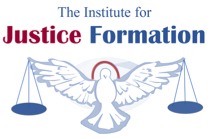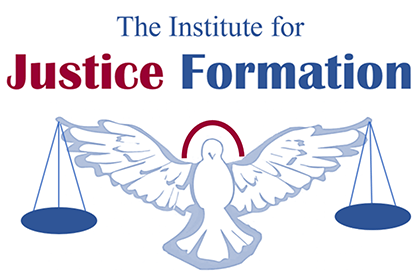Congratulations to our Inaugural Cohort Graduates of 2022!
Kelly G. Anderson
Vonda K. Bell
Clinton A. Feemster
Eric Forsbergh
Deborah L. Tillman
The Graduate Certificate in Biblical Justice Formation (GCBJF) is a program of study designed for students interested in what the Bible says about justice and what relevance that has for people today, particularly Christians.
The program is ideal for ministers and lay persons in all callings who are interested in espousing justice as a virtue.
The GCBJF is a Master’s level program where each student is paired with a mentor. Here are the inaugural mentor & mentee pairs:







